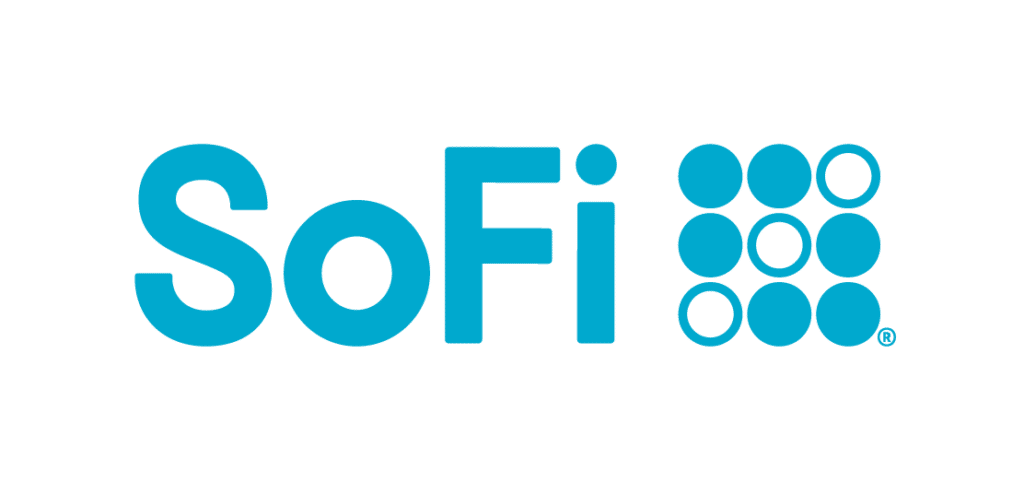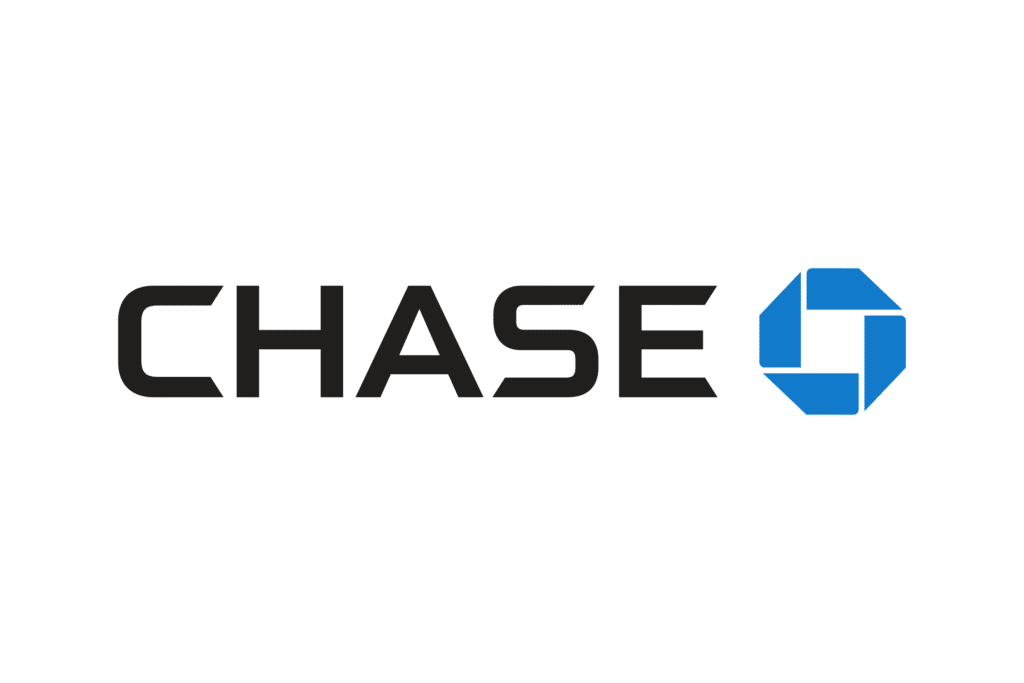Noteworthy Bank Bonus Offers from Our Partners
If you want to open a new bank account, make sure to do your research and look at important factors, such as fees and ATM network size. But also keep in mind that some banks and credit unions offer cash bonuses to new customers as a way to incentivize sign-ups for personal checking accounts, money market accounts, spending accounts or savings accounts. Digital banks and financial technology firms — commonly referred to as fintechs — will sometimes offer bigger bonuses and more generous deposit account benefits and rates because of their lower overhead and non-traditional structure.
Some new bank account bonuses are relatively low, in the $50 range, and likely won’t contribute to your financial decision. However, we’ve seen some promotional bank bonuses go as high as $2,000 – nothing to sneeze at regardless of your financial situation.
These new bank customer bonuses are typically offered through limited-time promotions. Given the variety of accounts that can offer these bonuses (checking accounts, savings accounts, business accounts, money market accounts, etc.) the requirements to earn the promotions can differ greatly across financial institutions.
While all bank bonuses work differently from one another, the following are common requirements we’ve seen in a large number of bank bonuses:
- Complete a set number of debit card purchases within a fixed promotional period
- Deposit a prescribed minimum balance and don’t allow your balance to fall below that minimum for a certain timeframe
- Make a minimum number of bill payments from your account within a set period
- Set up recurring direct deposits (and meet a minimum deposit requirement if necessary)
- Initiate a specific amount of qualifying deposits or transfers with a 3- to 12-month period
There are many different ways to earn new bank account bonuses, which makes it easy to select requirements that match up with your lifestyle and financial situation.
Other Common New Bank Bonus Eligibility Terms
Almost without exception, your new bank account needs to be open and in good standing in order to receive your bonus payment. So, you can’t have a negative balance and you cannot close your account until after the bank awards you the promotional bonus.
Additionally, some banks may only allow you to receive one new checking account bonus per calendar year. Other banks may take it further, and require you to have not opened an account with them in the past 18 months.
Credit Reports: Soft Inquiries vs Hard Pulls
When you open a new deposit account to earn a bank bonus, there’s usually no hard inquiry on your credit report—like what you receive when you apply for a credit card. Hard inquiries can impact your credit score. Instead, banks typically only require a soft pull on your credit—which has no impact on your credit score.
However, new bank accounts do get reported to ChexSystems. If your ChexSystems report shows too many recent account openings in a set number of consecutive calendar months, you may get denied.
Bank Bonus FAQ
-
Checking account bonus offers vary depending on the financial institution and the time of year. While fintechs may offer bigger bonuses on average, that rule of thumb does not always hold true. For example, multinational Santander Bank offered new personal checking customers a sizable $400 cash bonus in 2020 just for opening a new account.
-
Yes, bank account bonuses are taxable as interest-bearing income. So remember to watch out for 1099-INT forms when you get ready to file your tax return.
-
The majority of checking accounts and savings accounts offer similar terms, regardless of the financial institution. Usually these terms involve keeping your account open for a set amount of time, with a certain amount of money in it. This allows the banks to take advantage of the capital in accounts for that period, at low cost to them. Therefore, to entice new customers to open new deposit accounts, banks offer sign-up bonuses in the form of cash, statement credits or some other lucrative reward.
-
A direct deposit is a secure, automated electronic deposit of funds directly into a checking or savings account, rather than through a physical check, fund transfer or cash deposit. Most often, direct deposits are used by employers to compensate workers for their efforts.
-
No. Service fees are typically charged to customers for something specific, such as using an ATM that’s not part of a bank’s network or a wire transfer to or from an outside financial insitution. Monthly maintenance fees are recurring fees charged by banks to hold a checking account or savings account.
Monthly maintenance fees can often be waived by meeting certain minimum balance requirements or deposit amounts. On the other hand, customers are usually not able to waive service fees regardless of account balance.
-
Yes. We’ve seen banks offer promotional bonuses for all kinds of deposit accounts, and money market accounts are no exception. However, as with most other bank bonuses, we usually only these types of promotions apply to new money market accounts.
-
Similar to checking account bonus offers, online-only banks and fintech services are generally able to offer more generous savings account bonus offers. However, savings account bonuses are not as common as checking account bonus offers because checking accounts typically come with debit cards that can be used as a form of payment. Banks make money every time you swipe or tap your debit card, and therefore, they tend to incentivize checking accounts more frequently.
-
No – typically banks only award a bonus to the primary owner of an account, not one for each joint owner. A primary owner is defined as the main record holder of an account. While the responsibility of account management falls upon both joint owners, the primary owner is indicated on the signature block of the account terms and conditions.







